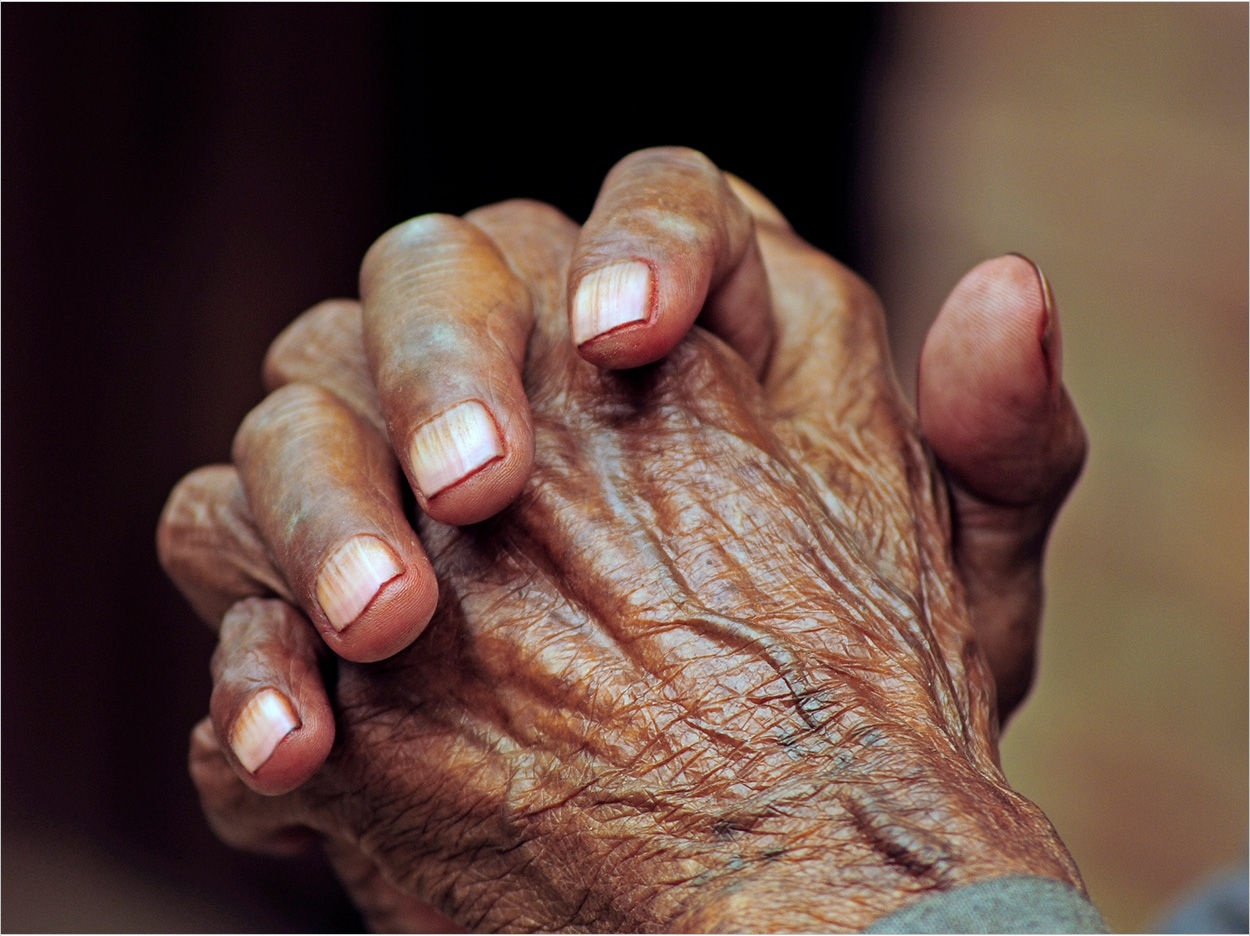
Food scarcity isn’t the only cause of malnutrition, as seen in older adults receiving care for it in the emergency department. Poor oral health plays a role as well, according to the University of North Carolina (UNC) School of Medicine.
“For patients who don’t have enough food at home, the solution is pretty obvious and likely much less expensive than paying for the medical care that results from malnutrition. There is an existing national system of food assistance programs, such as Meals on Wheels, and we believe we can use the emergency department to link patients in need to those programs,” said Tim Platts-Mills, senior author of the study.
“Even though such programs are relatively inexpensive, about $6 per individual per day, many programs are underutilized and underfunded. We need to link patients to these programs and fund these programs,” said Platts-Mills, who also is codirector of the division of geriatric emergency medicine at the UNC School of Medicine.
The study included 252 patients age 65 years and older seeking treatment in emergency departments in North Carolina, Michigan, and New Jersey. Participants were screened for malnutrition and then asked about the presence of risk factors. The overall prevalence of malnutrition in the sample was 12%, which is consistent with previous estimates from emergency departments and about double the prevalence in community-dwelling adults (those who are not hospitalized and do not living in an assisted living facility).
Of the 3 sites, patients receiving care in the North Carolina emergency department had the highest rate of malnutrition at 15%. The researchers note that North Carolina also has one of the highest rates of older adults living below the poverty line, ranking third out of 50 states. Of the risk factors studied, poor oral health was found to have the largest impact on malnutrition.
“We think that many of these patients have longstanding dental problems and that for some patients the poor dentition makes it hard for them to eat,” said Platts-Mills. “However, this is a cross-sectional study, so we don’t know for sure. It’s possible that the poor nutrition led to the dental problems. We did not get information on specific types of foods they were eating.”
More than half of the patients had some dental problems, and those with dental problems were 3 times more likely to suffer from malnutrition as those without. The researchers defined poor oral health using the Geriatric Oral Health Assessment Index. They did not characterize specific dental problems: just whether the patients had pain, difficulty eating due to health problems, and so on, in accordance with the index.
Also, 10% of patients experienced food insecurity, defined based on responses to questions regarding not having enough food, eating fewer meals, and going to bed hungry. Food insecurity also was strongly associated with malnutrition. Other factors associated with malnutrition that may contribute to the problem include social isolation, depression, medication side effects, and limited mobility.
“Improving oral health in older adults will be more challenging but also important. Medicare does not cover dental care. Fixing dental problems not only makes it easier for these individuals to eat but also can improve their self-esteem, quality of life, and overall health. We need affordable methods of providing dental care for older adults,” said Collin Burks, a UNC medical student and the study’s lead author.
The researchers are now developing and testing interventions to link malnourished older patients in the emergency department to food assistance programs in the community. The research was funded through a research training grant from the National Institutes of Health. In the meanwhile, practitioners can do more in teaching these patients about oral health—and in learning about it themselves.
“For physicians and caregivers, I think a key issue is education about preventive care, such as brushing,” said Platts-Mills. “I think the next question is whether physicians can learn some basic dental skills, which is almost entirely ignored in most medical education in the United States.”
The study, “Risk Factors for Malnutrition Among Older Adults in the Emergency Department: A Multicenter Study,” was published by the Journal of the American Geriatrics Society.
Related Article
Drug Use Linked to Poor Oral Health
How to Spot Child Abuse Among Your Patients
Missing Teeth Damage Job Prospects


